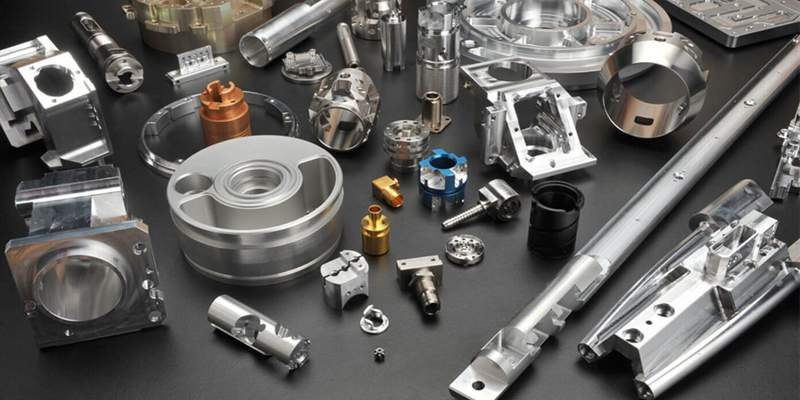Applications of Aluminium and Its Future Development

Aluminum, as a lightweight, corrosion-resistant metal with excellent electrical and thermal conductivity, has become an indispensable material in modern industry. Due to its extensive physical and chemical properties, aluminum is widely used in various fields such as construction, automotive, aerospace, electronics, and packaging. This article explores the applications of aluminum in different industries and its future development prospects.
1. Construction and Infrastructure
Aluminum has been used in the construction industry for many years, especially in modern high-rise buildings. Its lightweight nature makes it an ideal choice for large-span structures such as bridges, buildings, and roofs. Additionally, aluminum’s corrosion resistance and malleability allow for diverse treatments based on design requirements, such as aluminum alloy windows, doors, and curtain walls.
Moreover, aluminum has excellent reflective properties, capable of reflecting ultraviolet and infrared rays, contributing to energy savings. This feature is particularly important in the development of energy-efficient and green building materials.
2. Automotive and Transportation
With the rising demand for environmental protection and energy efficiency, lightweighting has become a crucial goal for major automotive manufacturers. Aluminum’s low density makes it an ideal substitute for traditional steel. Components such as car bodies, engine blocks, wheels, and doors can be made from aluminum to reduce weight, improve fuel efficiency, and lower emissions.
In the aerospace industry, aluminum is even more indispensable. Modern aircraft bodies, wings, and cabin doors are extensively made of aluminum alloys due to their superior strength-to-weight ratio, significantly reducing fuel consumption and operating costs.
3. Electronics and Electrical Equipment
Aluminum’s excellent conductivity has made it highly valuable in the electronics industry. Aluminum is often used to replace copper in cables, wires, and transformers to reduce costs and weight. Furthermore, its high thermal conductivity makes it a preferred material for heat sinks and electronic device casings, widely used in smartphones, laptops, LED lights, and more.
4. Packaging and Consumer Goods
Another important application of aluminum is in the packaging industry. Aluminum foil, with its exceptional barrier properties and ductility, effectively protects food and pharmaceuticals from air, moisture, and bacteria, making it widely used in food, beverage, and pharmaceutical packaging. Aluminum beverage cans are also environmentally friendly due to their recyclability, helping reduce environmental pollution.
5. Sustainability and Future Development
With the growing awareness of environmental protection and the global demand for sustainable development, aluminum’s recyclability gives it a significant advantage. Aluminum has a recycling rate of over 90%, and it retains its physical properties during the recycling process, making it a key material in the future green economy.
In the future, as technology continues to advance, the performance and applications of aluminum will further improve. For example, with the development of new aluminum alloy materials, aluminum’s potential applications in high-tech fields such as aerospace and 5G communications will expand. Additionally, advancements in smart manufacturing will make aluminum production processes more efficient and environmentally friendly.
Conclusion
As a fundamental material in modern industry, aluminum has penetrated various aspects of society. Its wide applications in construction, automotive, electronics, and packaging not only promote economic growth but also contribute to environmental protection and sustainable development. As technology progresses and its applications expand, aluminum will play an increasingly important role in the future, driving the realization of a green economy and smart manufacturing.
Shanghai Slink Technology is dedicated to providing customers with one-stop aluminum services. We sincerely welcome all esteemed guests to collaborate with us in jointly developing aluminum applications and markets.
Contact us for more information
